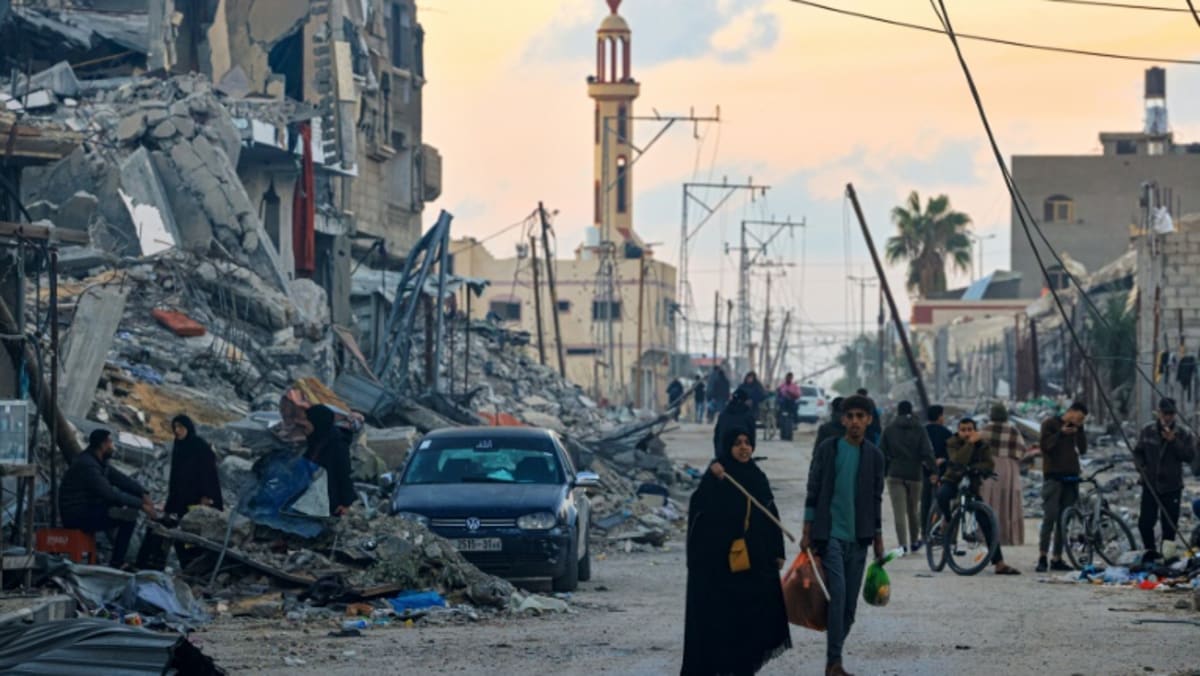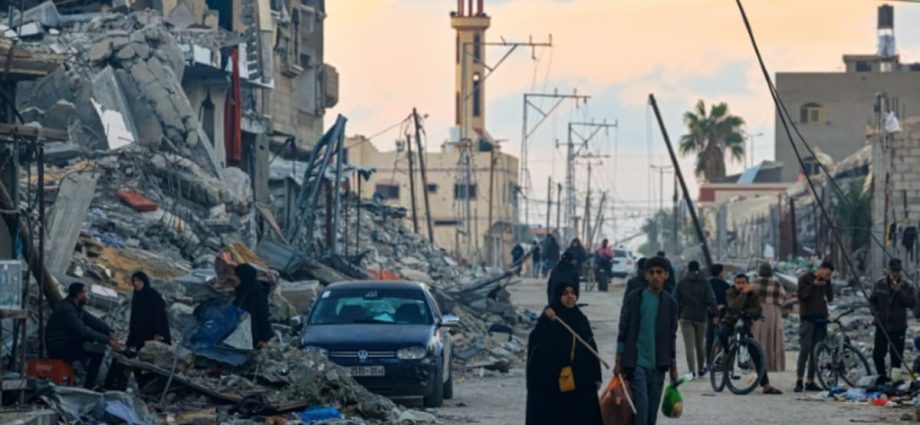
GOING BEYOND SELF-DEFENCE
Israel’s justification, supported by some of its Western allies, is that it is acting in self-defence. In and of itself, self-defence is not blameworthy. But destroying hospitals, refugee camps, schools and places of worship, in what appear as indiscriminate bombings, undermines this narrative.
The current war, and the images of violence and destruction coming out of Gaza, now give the impression that peace with the Palestinians was never really on the agenda. Instead, it suggests Israeli opportunism, which has driven much of the global outrage.
The journey towards peace has to be founded on mutual trust and confidence. Everyone needs to feel safe in the presence of others, even as we are different and live differently. Tragically, this is a far-fetched dream for Palestinians and Israelis today.
CO-EXISTENCE CAN PREVAIL
In Singapore, we live in conditions that others can only dream of, where our religious diversity does not weaken us. We must therefore try harder to make it a reality for others too, because it is not impossible.
Singaporeans, including the Muslim community, are anguished by the war, but on humanitarian and not religious grounds. It helps that the Muslim community’s relations with Singapore’s Jewish community have been cordial and constructive.
Such social and interreligious capital can tide us over difficult times, such as this, when external conflicts could easily cause misunderstanding and division. Israel’s actions have just made our work harder. In fact, the impact of the Israel-Hamas war on Singapore’s social cohesion was one of my concerns at its onset.

